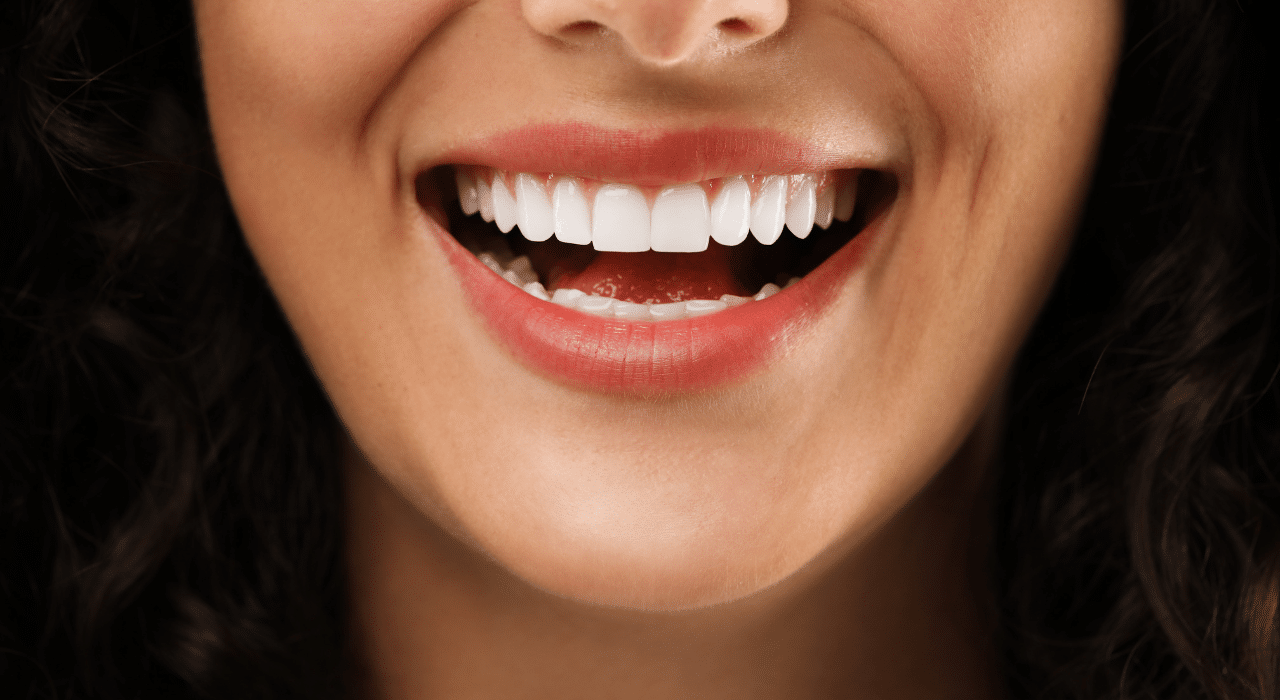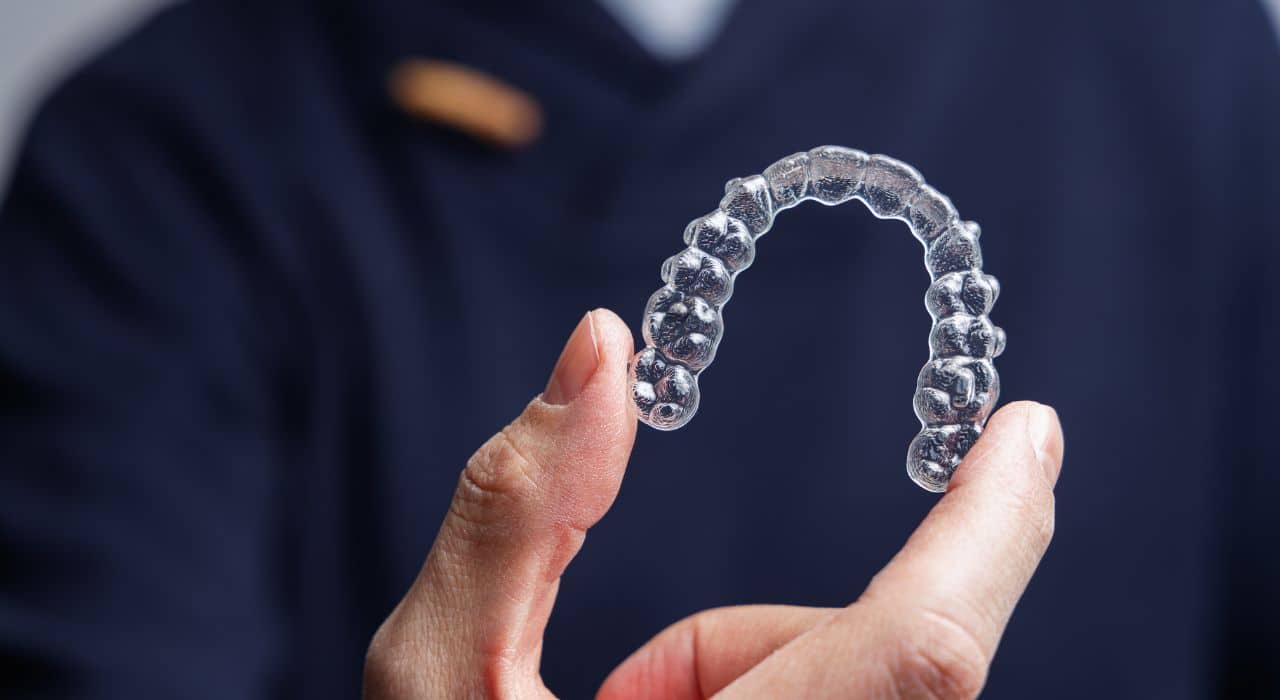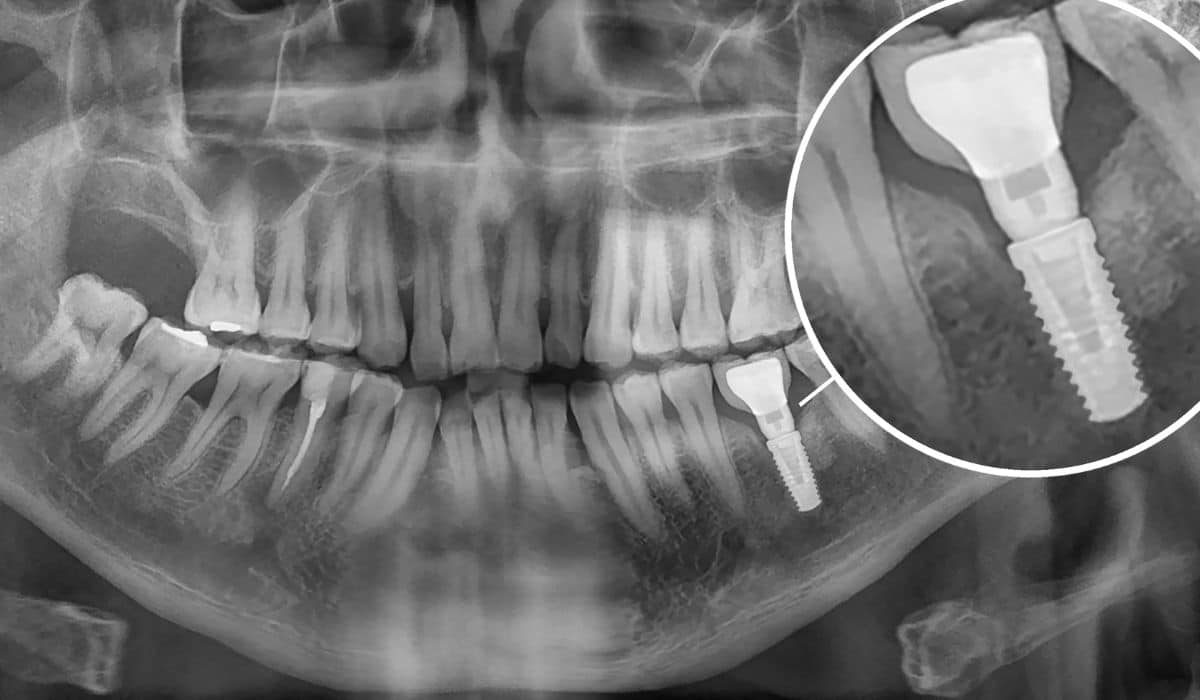Porcelain Veneers Lexington Ky
How Dental Veneers Can Transform Your Smile
If you’ve ever felt self-conscious about your teeth, you’re not alone. Many people in Lexington, KY, turn to cosmetic dentistry to enhance their smiles and boost their confidence. At Park Hills Family Dentistry, one of our most popular and effective treatments is dental veneers. These thin, custom-made shells can address a wide range of dental imperfections and give you the radiant smile you’ve always wanted. Let’s explore how dental veneers can transform your smile and why they’re a top choice for cosmetic dentistry in Lexington, KY.
What Are Dental Veneers?
Dental veneers are ultra-thin shells made from porcelain or composite resin designed to cover the front surface of your teeth. Each veneer is custom-crafted to fit your unique smile and blend seamlessly with your natural teeth. Veneers are bonded to your teeth to improve their color, shape, size, or alignment, providing an instant cosmetic upgrade.
The Benefits of Dental Veneers
Dental veneers offer a multitude of benefits, making them a popular choice for cosmetic dentistry in Lexington, KY:
Enhanced Aesthetics: Veneers can mask a variety of imperfections, including discoloration, chips, cracks, and uneven spacing.
Natural Appearance: Porcelain veneers mimic the light-reflecting properties of natural teeth, ensuring a beautiful and realistic look.
Durability: With proper care, veneers can last 10-15 years or longer, making them a worthwhile investment in your smile.
Quick Results: Unlike orthodontic treatments that can take months or years, veneers provide immediate results, often in just two dental visits.
Stain Resistance: Porcelain veneers are resistant to stains from coffee, tea, and other common culprits, helping you maintain a bright smile.
Who Can Benefit from Dental Veneers?
Dental veneers are an excellent option for patients looking to address cosmetic concerns. You might be a good candidate if you have:
- Stained or discolored teeth that don’t respond to whitening treatments.
- Chipped or cracked teeth that affect your confidence.
- Minor misalignments or gaps between your teeth.
- Teeth that are worn down or unevenly shaped.
During your consultation at Park Hills Family Dentistry, our team will assess your dental health and discuss your goals to determine if veneers are the right solution for you.
The Veneer Process: What to Expect
Getting dental veneers typically involves three steps:
Consultation and Planning: We’ll begin with a comprehensive evaluation of your teeth and discuss your desired outcome. Our team will take impressions and create a custom treatment plan tailored to your needs.
Preparation: To ensure a proper fit, a small amount of enamel is removed from the front surface of your teeth. This step is minimal and helps the veneers adhere securely. We’ll take detailed impressions to send to our dental lab, where your custom veneers will be created.
Placement: Once your veneers are ready, we’ll bond them to your teeth using a strong dental adhesive. Adjustments are made to ensure a perfect fit and natural appearance. After polishing, your new smile is ready to shine!
Caring for Your Dental Veneers
To maintain the longevity and beauty of your veneers, it’s essential to follow good oral hygiene practices:
Brush and Floss Daily: Keep your teeth and veneers clean by brushing twice a day and flossing daily.
Avoid Hard Foods: Refrain from biting into hard objects like ice or using your teeth as tools, as this can damage your veneers.
Limit Staining Foods and Drinks: While porcelain veneers resist stains, it’s still a good idea to limit consumption of highly pigmented foods and beverages.
Regular Dental Visits: Schedule routine check-ups at Park Hills Family Dentistry to ensure your veneers stay in excellent condition and your overall oral health is maintained.
Why Choose Park Hills Family Dentistry for Cosmetic Dentistry in Lexington, KY?
At Park Hills Family Dentistry, we’re passionate about helping our patients achieve their dream smiles. Our experienced team uses state-of-the-art technology and techniques to deliver exceptional results. Whether you’re considering veneers or exploring other cosmetic dentistry options, we’ll work with you to create a personalized treatment plan that fits your goals and budget.
Dental veneers are a transformative solution for anyone seeking a radiant, confident smile. If you’re ready to take the first step toward enhancing your smile, contact Park Hills Family Dentistry today. Schedule your consultation and discover why we’re the trusted choice for cosmetic dentistry in Lexington, KY.
Call us to learn more about how dental veneers can elevate your smile. Let’s create the beautiful smile you deserve!










